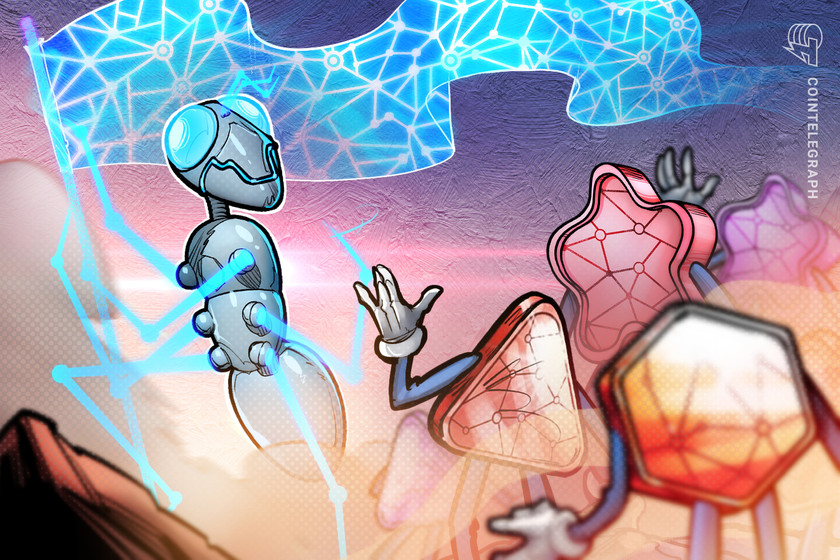
The BDN Editorial Board operates independently from the newsroom, and does not set policies or contribute to reporting or editing articles elsewhere in the newspaper or on bangordailynews.com.
A new face of bravery has been revealed over the past week as Iranian women defy the country’s “morality” police by burning their hijabs and cutting their hair. They, and the men protesting alongside them, do so at grave risk to their wellbeing.
Despite the risk, thousands of Iranians took to the streets across the country to protest the death of 22-year-old Masha Amini who died after being detained on Sept. 14 by the police in Tehran. Amini was taken into custody after exiting a subway station with her brother. She was visiting the capital city from her home in the province of Kurdistan, which has been the site of many protests.
Officials say she had a heart attack after being detained for wearing improper attire. Her family says she was healthy and witness accounts suggest she was beaten before being taken to a hospital.
Morality police enforce the regime’s strict rules, including a requirement that women cover their hair and wear loose garments. These “police” beat women for infractions of the rules.
Amini’s death has sparked days of outrage and protest, that sadly but predictably have been met by harsh crackdowns by Iranian officials. At least nine people have been killed in the largest protests in years against Iran’s conservative and repressive regime.
We’d like to be optimistic that this outpouring of rage will lead to changes in Iran, which was once a prosperous and modern country where women were nearly equal members of society. Yet, we’ve seen how security forces there have put down protests in the past and how they are reacting now, often with violence and overwhelming force. Internet service has also been shut down in parts of the country.
Iranian President Ebrahim Raisi, who was in New York Thursday for United Nations meetings, pledged an investigation into Amini’s death. This sounds the slightest bit encouraging, but he also condemned what he called “acts of chaos” in Iran.
The U.S. Treasury Department has imposed sanctions on seven top leaders of Iran’s security and military forces. It accused the forces of violating the rights of peaceful protesters.
“Mahsa Amini was a courageous woman whose death in Morality Police custody was yet another act of brutality by the Iranian regime’s security forces against its own people,” Treasury Secretary Janet Yellen said in a statement.
Also on Thursday, CNN anchor Christiane Amanpour was set to interview Raisi, in what would have been his first interview on U.S. soil. As Amanpour awaited his arrival, she was told by an aide to Raisi that the president said she needed to wear a headscarf as “a matter of respect.”
“I politely declined,” Amanpour said on Twitter. “We are in New York, where there is no law or tradition regarding headscarves. I pointed out that no previous Iranian president has required this when I have interviewed them outside Iran.”
The aide persisted and Amanpour continued to decline to wear a headscarf. The interview, which had been planned for weeks, did not happen.
Amanpour’s stance, too, is a form of bravery. But, for their much larger risks, we support the protesters in Iran, women and men, who are bravely marching and speaking out for a more equitable and humane society.









